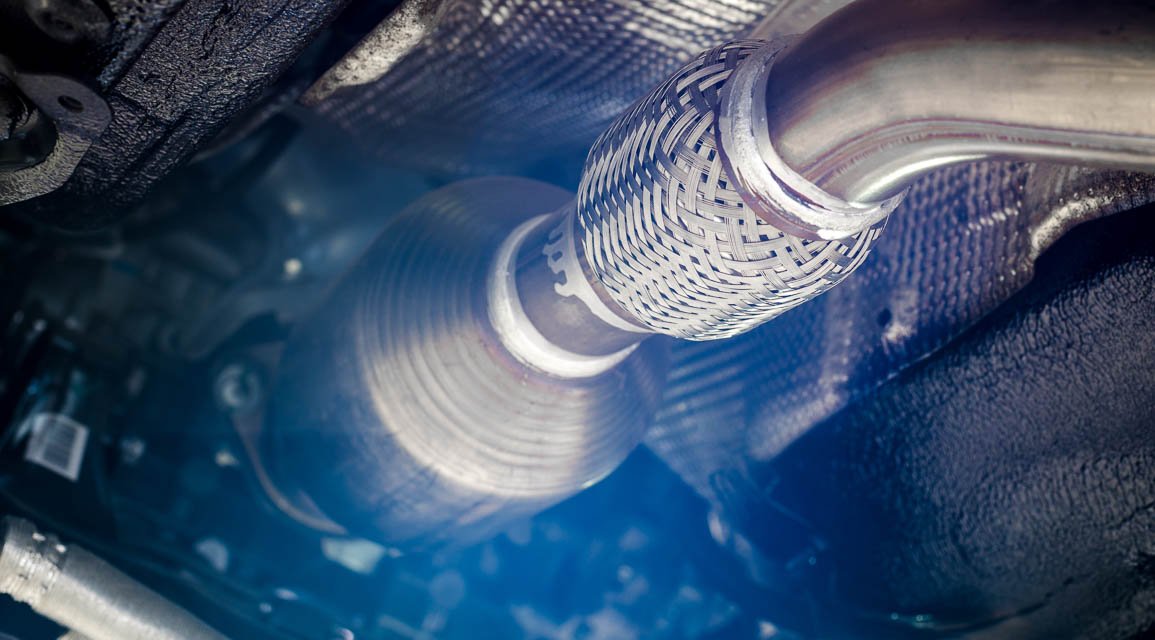Introduction
The Diesel Particulate Filter (DPF) market is witnessing a wave of technological innovations that promise to enhance efficiency and reduce costs. This blog explores the latest advancements in DPF technology and their impact on the market.
Silicon Carbide Filters
One of the most significant innovations in the DPF market is the development of silicon carbide filters. These filters offer superior thermal resistance and durability, making them ideal for high-performance diesel engines. Silicon carbide filters are becoming increasingly popular among automotive manufacturers due to their long lifespan and efficiency in trapping particulate matter.
IoT Integration
The integration of IoT in DPFs is another game-changer. IoT-enabled DPFs allow real-time monitoring of filter performance, enabling predictive maintenance and reducing the risk of filter failure. This technology is particularly beneficial for commercial vehicles, where downtime can be costly.
Regenerative Filters
Regenerative DPFs, which use heat to burn off accumulated soot, are also gaining traction. These filters reduce the need for frequent replacements, making them cost-effective in the long run. Manufacturers are investing in research to develop more efficient regenerative filters that can handle higher soot loads without compromising performance.
Conclusion
Technological advancements are driving the Diesel Particulate Filter market forward. As manufacturers continue to innovate, DPFs will become more efficient, durable, and cost-effective, solidifying their place in the automotive industry.

